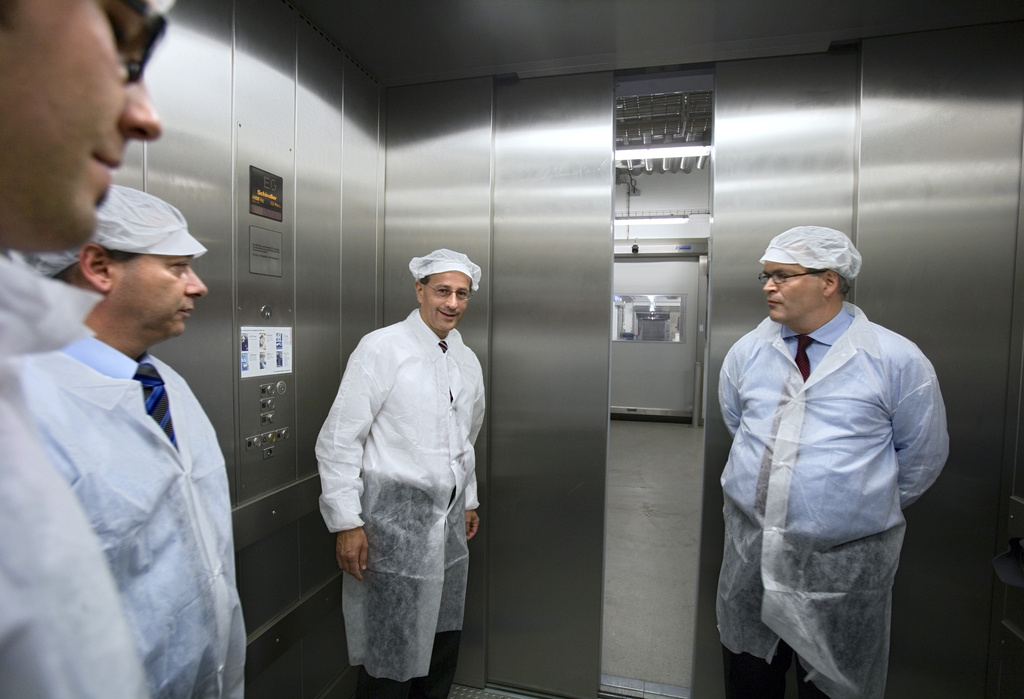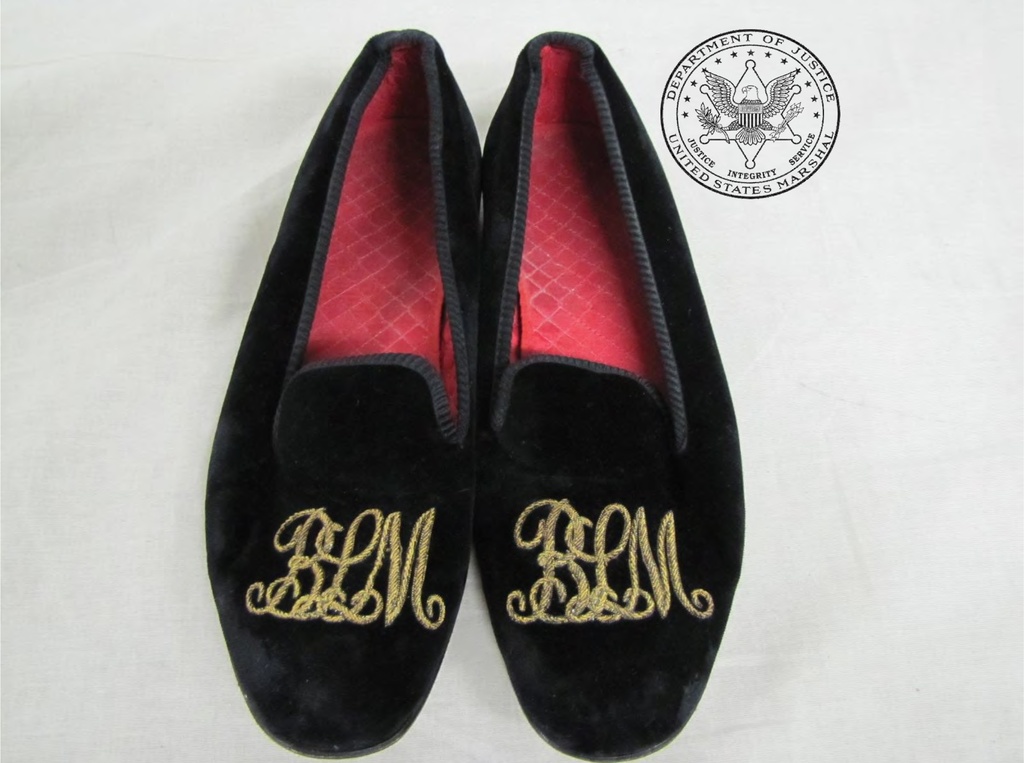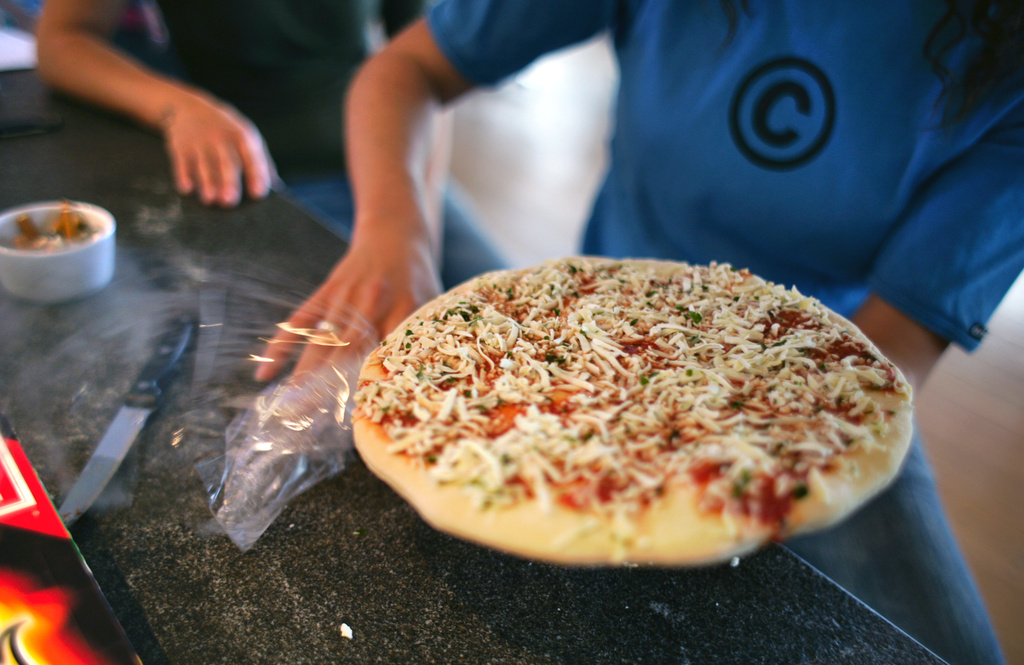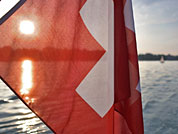Ricola boss confessed fraud before suicide

One of Switzerland’s most iconic family-run companies has been rocked by the suicide of its chief executive days after he owned up to financial irregularities.
Adrian Kohler, CEO of the confectionery business Ricola, confessed to the fraud, believed to be of the magnitude of several hundreds of thousands of francs, on Tuesday of last week. Two days later he took his own life.
There is so far no evidence that the firm’s former accountant and chief financial officer benefitted personally from his actions. The company, which had sales of SFr300.8 million ($327 million) last year, said its financial performance was unaffected.
The Ricola cough lozenge has become of the most familiar and cherished of Swiss brands since its launch in its present shape in 1940. It currently exports 30 different types of lozenges, based on a secret herbal recipe, to more than 50 countries worldwide.
The company, founded in 1930, has strong traditional roots and is now owned by the third-generation descendants of founder, Emil Richterich.
Outsider appointed
Kohler had worked at Ricola for some 25 years and in 2004 had become the first non-family member to hold the position of chief executive. The decision raised some eyebrows at the time, but Kohler’s track record at boosting sales soon dispelled any doubters.
Subsidiaries were opened in Italy, Hong Kong and Britain to help cope with expansion. Some 90 per cent of Ricola’s sweets are now exported, and the only dark patch was the curse of the strong franc denting sales by nearly five per cent last year.
But the company was forced to relieve Kohler of his duties once the revelations were made last week.
“We are still struggling to comprehend Adrian Kohler’s actions,” said current chairman Felix Richterich in a statement on Monday, four days after Kohler threw himself in front of a train.
“However, it is important to us to remember that his commitment and hard work throughout all the years that he worked for Ricola brought outstanding credit to the company. He led the company successfully with the greatest care and diligence.”
“He was a good colleague and a dear friend to us all,” the statement read.
Corporate crime
White collar crime in Switzerland, and many other parts of the world, is on the increase, according to accountancy and auditing group KPMG.
In its annual report on corporate crime in June, KPMG Switzerland said such acts cost the Swiss economy some SFr8 billion a year.
Crimes have become more likely since the global economic slump set in and are usually committed by disillusioned workers or those under pressure to deliver results under demanding conditions.
High-ranking male workers, aged between 36 and 55, who have worked for the company for at least five years are the most likely culprits, KPMG said.
Tight-knit family-run firms are high-risk targets for fraud, according to KMPG Switzerland’s head of forensics, Philippe Fleury.
“Family-owned businesses represent a particular risk of being the victim of fraud,” he told swissinfo.ch. “The structure of such companies is usually not very large, with relatively few employees, so that they often do not have solid control mechanisms in place.”
“When we speak to the owners of such companies, they often respond that they do not need robust control systems because they operate on a basis of trust. They also rarely have shareholders outside of the family who would be more likely to challenge the operation due to concern about their return on investments.”
Kohler, who was 53 at the time of his death, leaves a wife and two adult children.
The confectionary business was founded in 1930 by baker Emil Richterich in Laufen, near Basel. Originally called Richtetrich & Co, Laufen, the name was shortened to Ricola using the first two letters of each word.
Emil Richterich started out by selling herb sweet specialties around the local region. But in 1940 he hit upon the winning formula of 13 different herby to produce the original lozenge that is still sold today.
Ricola lozenges became a hit in Germany and other European countries in the 1960s, leading the company to expand exports to Asia in the following decade.
In 1983 the company set up a contractual agreement to buy its products at sustainable prices from local farmers. A United States subsidiary was set up in the 1980s.
In 1991, current chairman Felix Richterich became the third generation of the family to take up the reins at the company.
Adrian Kohler, who had worked as an accountant and chief financial officer at the firm, became the first non-family CEO appointment in 2004.
The non-profit Ricola Foundation was formed in 2010 to fund research into the preservation of natural cultivation processes.
The company recorded sales of SFr300.8 million last year and employed more than 400 staff.
Despite being hit by the strong franc, Ricola has steadfastly stood behind its Swiss production sites, shunning the temptation to relocate to more cost effective countries.

In compliance with the JTI standards
More: SWI swissinfo.ch certified by the Journalism Trust Initiative





You can find an overview of ongoing debates with our journalists here. Please join us!
If you want to start a conversation about a topic raised in this article or want to report factual errors, email us at english@swissinfo.ch.